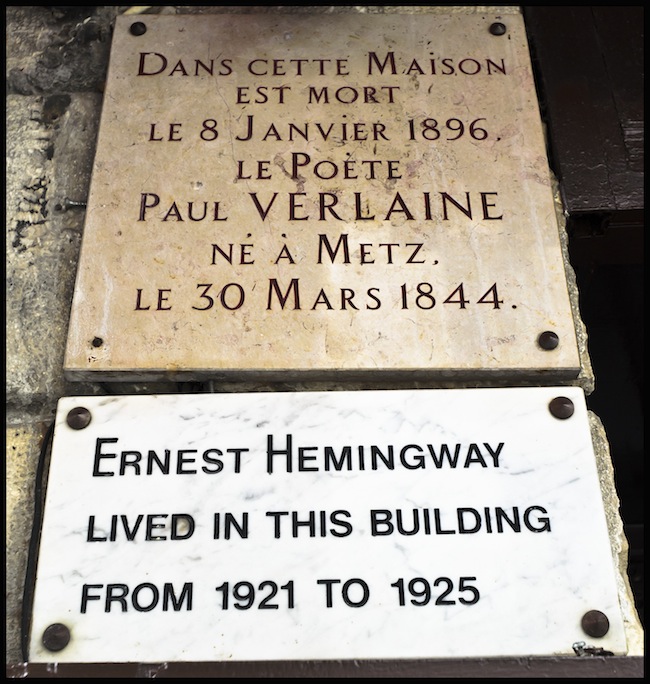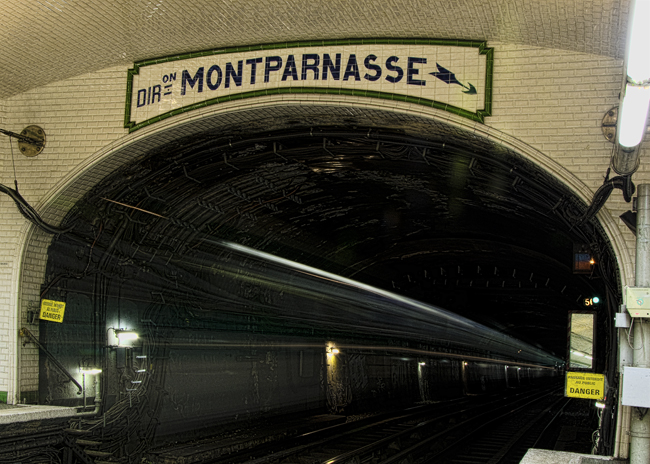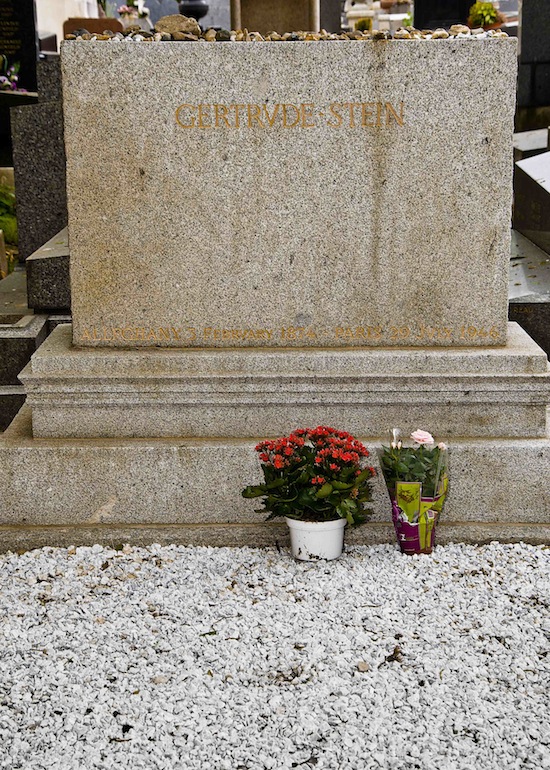Chambre de Bonne
 03.11.2012
03.11.2012 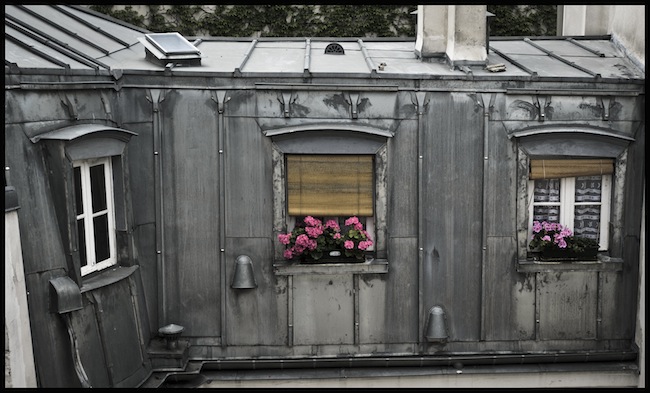
Have you ever wanted something so intensely that not getting it—or even getting it—made you sick? That's what happened to me last week.
When did I first see the light from a sixth floor window in Paris, one of those alluring little chambres de bonnes—maids’ rooms—attic aeries where so many writers I’d read about had written, or placed their characters?
It must have been the summer after my freshman year of college, a sad year in spite of the fact that two out of the three courses I took were splendid, one in French literature, one in anthropology.
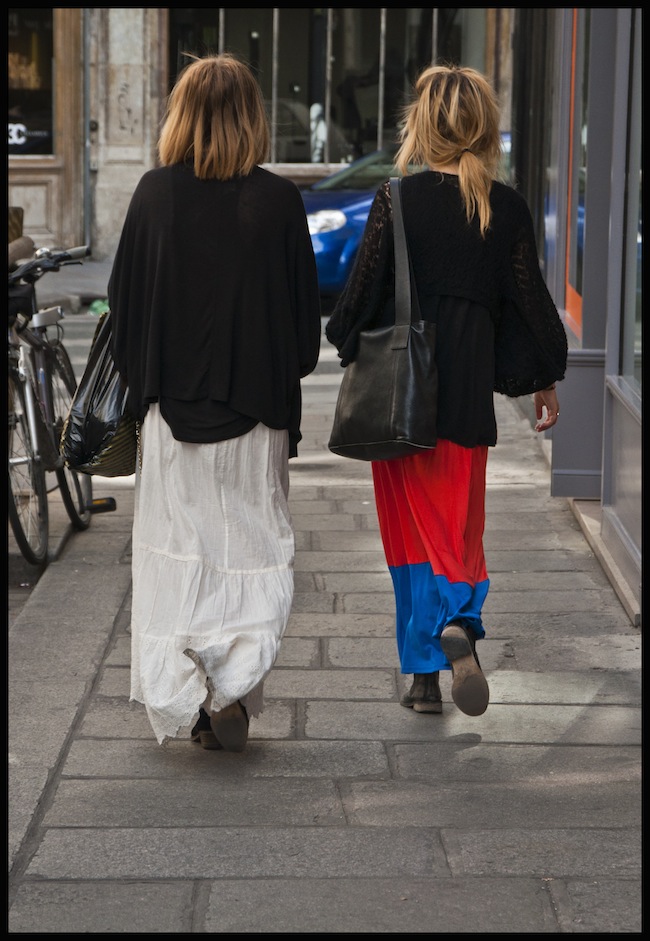
My sister, Jane and I were about to start college at the Sorbonne (she) and Oxford (I) in the fall. But first we had several weeks in Paris before my mother and three youngest siblings arrived.
I wanted one of those writing rooms then, and I wanted it years later after rereading in Ernest Hemingway’s A Moveable Feast of his climbing up to his chambre de bonne each morning and writing until he’d shaped a story to his satisfaction.
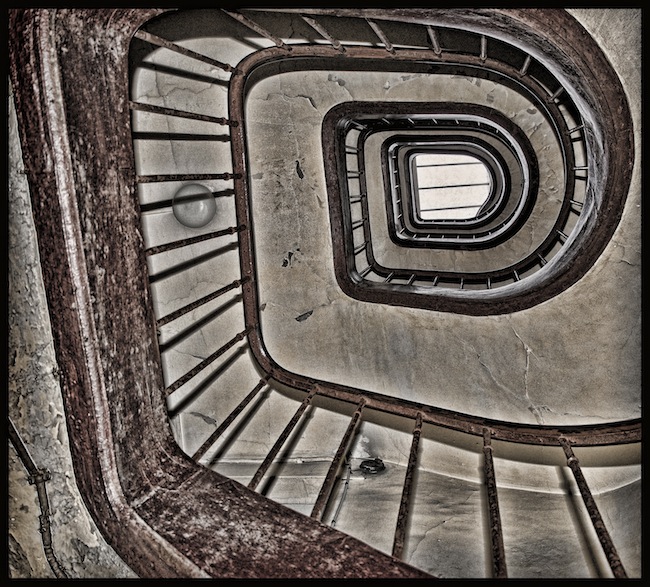
For the year and a month that Richard and I have lived in Paris, I’ve been fervently picturing getting one of these rooms.
At the February meeting of our syndic, coop board, I asked if anyone knew of a chambre de bonne for rent in our building or nearby.
“Oh no!” came the chorus. “They’re rarely available and anyway, there are waiting lines. Everyone wants one.”
Disappointing news.
Then a bit of synchronicity. It’s been happening a lot lately. When you run into the one person to whom you need to speak, though you may not see him or her again for another six months. I ran into someone we know who knows the neighborhood.
“Quick!” she said (in French). “Call this number. The tenant is moving out of her chambre de bonne.”
I called. As Richard and I met the agent to look at the room, another prospective tenant was leaving, and another was due shortly.
The room was just big enough for a writing desk and chair. There was wall space to put up index cards to map out stories and novels. And there were two windows, one facing the Pantheon. The Pantheon!
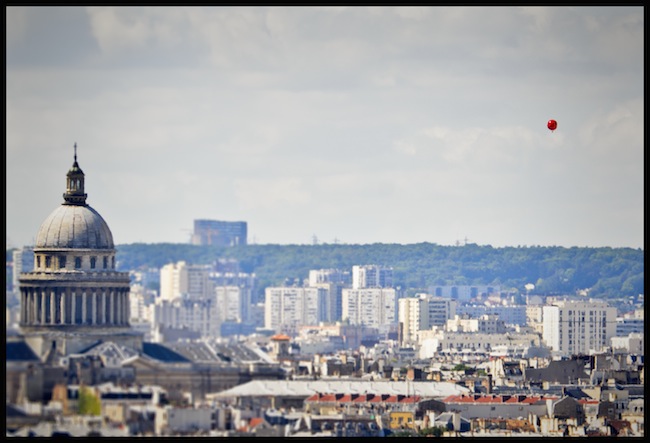
I felt sick with lust. The agent would call me, she said. She had many other appointments. Later that day, she called to say the owner would make a decision after the weekend.
After the weekend?! That was four days away!
The following Monday she called. The chambre de bonne was mine. But we wouldn’t sign a lease for another two weeks.
Are you canceling the ad? I asked.
No, she said, but we won’t show it again unless something prevents us from signing.
Prevents us from signing? But how, I wondered aloud, do I know he, or you, won’t change your mind in the next two weeks?
Confiance, she said. Trust.
Trust? In two people I don’t know, in a country whose customs are decidedly not Anglo-Saxon? In my native land, we’d have signed that lease and written that check the day the owner decided.
I had envisioned what I’d do with every square inch of space in this tiny chambre de bonne. And now I had to wait another two weeks, still not knowing that the room was definitely mine.
So I got sick. Just a cold, but enough to keep me from writing, and from posting on Paris Play. Richard caught it first and generously shared it with me. A friend said that half of Paris had it, and it was a stubborn strain. I rarely get colds. I’d forgotten what it feels like to be so exhausted that you can't imagine ever leaving your apartment again.
And then this afternoon it lifted. I went out for the first time in a week. Astonishing how vivid the world looks when you’ve been home sick for a week. I made five stops in about as many blocks.
At the enchanting little Greek shop, I had to linger in front of the window for at least five minutes to gaze at the proprietor’s miniature display. Interspersed with bottles of Cretan honey in black pots painted like ancient Greek vases with gods’ faces in orange (it was full of thyme, said the label) and spanakopita, were miniature statues of the Venus de Milo, busts of Socrates, donkeys with old men on their backs, a whole little diorama.
I went in to buy walnuts and pine nuts. The silver-haired Greek man behind the counter wore a NY Yankees cap.
Was he a fan? I asked.
Nah, he’d found it at the Acropolis.
At the dry cleaners, the proprietor said they didn’t do repairs. Verbal exchanges in Paris often begin this way. “Non, nous ne faisons pas cela ici. Il ne peut pas être fait.” (We don’t do that here. It can’t be done.) And then someone offers an exception! The woman ironing said that a friend of hers could fix my jeans whose hems were fraying because they were too long. She was ironing a shirt with a bright geometric pattern that dazzled my eyes.
At the little grocery, 8 à Huit, I found some good-looking broccoli and zucchini, but the Moroccan man at the counter said it wasn’t enough to use my credit card. But I was out of cash. We counted out my remaining coins, beautiful copper and silver discs, and there was just enough.

Our flower shop had tulips in an orangey-red for the fireplace mantel, and roses in a coral shade for Richard’s office. Les fleurs! A room full of living jewels!
Les Pâtes Vivantes was packed. I ordered a Szechuan beef soup with cilantro, scallions and noodles which a Chinese chef made in a glass box right in front of you. He tossed and rolled and pulled the dough into long cream-colored strings. This was a treat for Richard who had been out roaming all day taking photos, and would be ravenous when he returned. His studio is the whole of Paris.
It suddenly seemed real. Next week I’d have my studio. It seems to me that I’ve been waiting for this forever.
